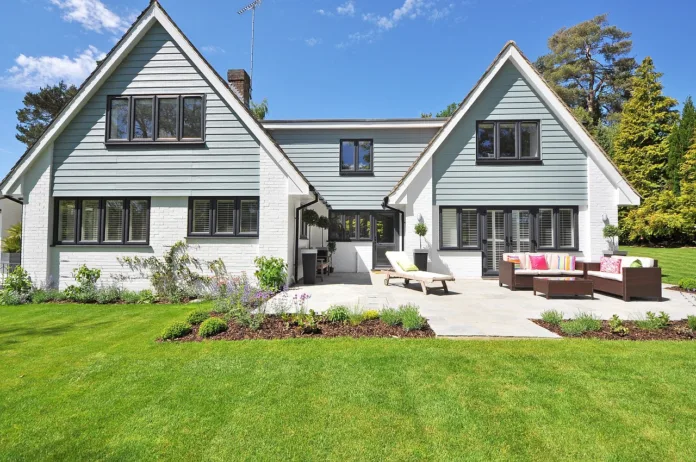If you’re looking to enhance the comfort, energy efficiency, and aesthetics of your home, double glazed windows are an excellent investment. These windows have gained immense popularity for their ability to provide insulation, reduce noise, and add value to your property.
In this ultimate guide, we’ll explore everything you need to know about double glazed windows, from their benefits to installation and maintenance.
Understanding Double Glazed Windows
Double glazed windows, also known as insulated glass units (IGUs), consist of two glass panels separated by a layer of gas or air. This design creates an insulating barrier that helps regulate indoor temperature and reduce heat transfer, making them ideal for both warm and cold climates.
Benefits of Double Glazed Windows
1. Improved Insulation
Double glazed windows provide enhanced insulation by minimizing heat loss during winter and heat gain during summer. This insulation translates to reduced energy consumption and lower utility bills.
2. Noise Reduction
The two layers of glass and the insulating layer of Double glazing in Melbourne windows act as a barrier against external noise, creating a quieter and more peaceful indoor environment.
3. Energy Efficiency
Due to their insulation properties, double glazed windows contribute to energy efficiency, reducing the need for excessive heating or cooling and lowering your carbon footprint.
4. Condensation Control
Double glazed windows are effective in controlling condensation build-up on the interior of windows, which helps prevent mold growth and maintains a clear view.
5. Increased Property Value
Investing in double glazed windows can significantly enhance your property’s value and make it more appealing to potential buyers.
Types of Double Glazed Windows
1. Casement Windows
Casement double glazed windows are hinged at the side and can be opened outward. They provide excellent ventilation and unobstructed views.
2. Sliding Windows
Sliding double glazed windows have one fixed pane and one that slides horizontally. They are easy to operate and are suitable for spaces with limited exterior clearance.
3. Awning Windows
Awning double glazed windows are hinged at the top and open outward. They’re great for allowing fresh air in while keeping rainwater out.
4. Bay and Bow Windows
These windows protrude from the house, creating additional space and an interesting architectural feature. They often combine different window types for a unique look.
Installation Process
Installing double glazed windows involves precise measurements, proper sealing, and careful placement to ensure maximum efficiency. It’s recommended to hire professionals for this task to guarantee proper installation.
Maintenance and Care
Maintaining double glazed windows is relatively easy. Regularly clean the glass, check for any gaps in the seals, and ensure proper lubrication for moving parts. This upkeep will extend the lifespan and performance of your windows.
FAQs
Are double glazed windows suitable for all climates?
Yes, double glazed windows provide insulation benefits for both warm and cold climates.
Can I install double glazed windows myself?
It’s recommended to hire professionals for installation to ensure proper sealing and efficiency.
Do double glazed windows eliminate all outside noise?
While they significantly reduce noise, they may not eliminate it entirely.
Are there government incentives for installing energy-efficient windows?
Many regions offer incentives or tax credits for upgrading to energy-efficient windows, including double glazed ones.
How long do double glazed windows typically last?
With proper care, double glazed windows can last for 20 to 30 years or more, depending on the quality of the installation and materials.
Conclusion
Double glazed windows offer a range of benefits that contribute to a more comfortable and energy-efficient living environment. From insulation and noise reduction to energy savings and increased property value, these windows have a positive impact on both your quality of life and your home’s value.



